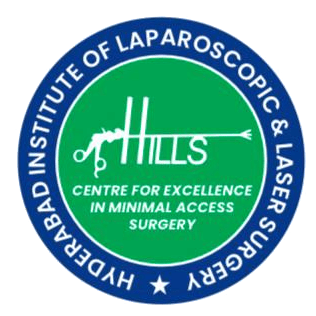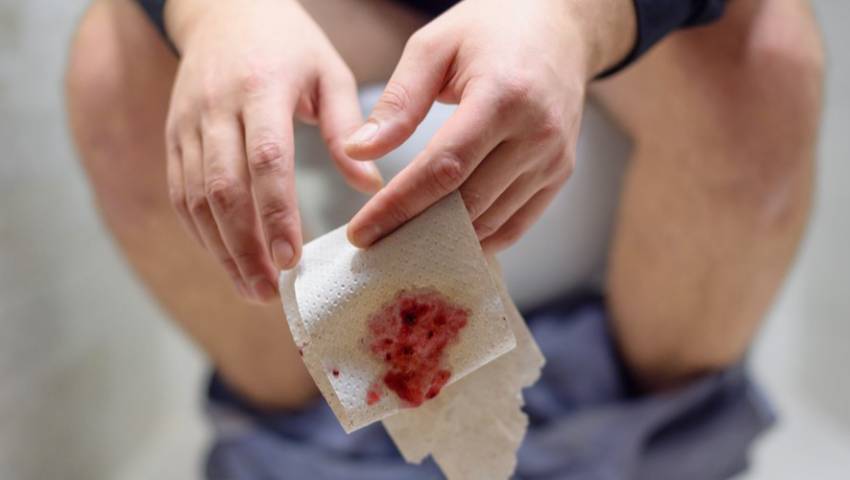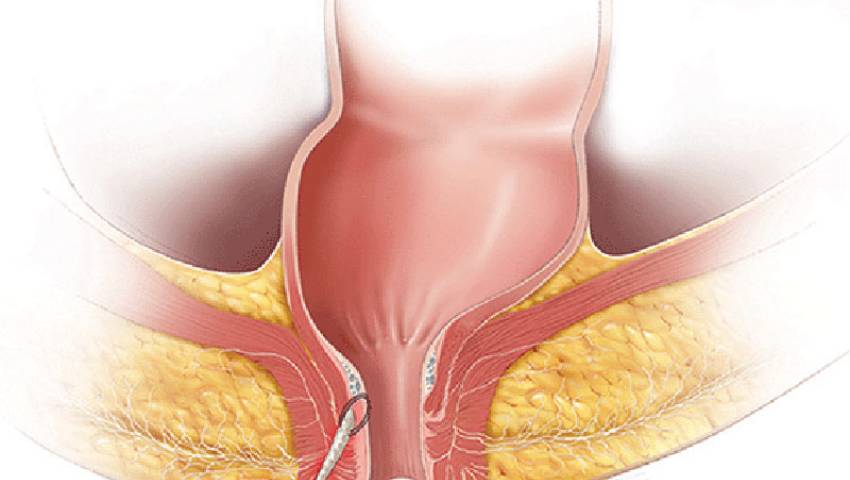Constipation is a popular issue in India, characterized by slowed digestion, irregular bowel movements( lower than three times per week), and hard, tough-to-pass droppings. It can manifest as acute or habitual; acute constipation appears suddenly with conspicuous symptoms, while habitual constipation develops gradually and persists for months or even years. Currently, men tend to witness constipation more constantly than women due to factors like stress, weak pelvic floor muscles, prostate blow up or cancer, and trauma. However, constipation can significantly reduce the quality of life, leading to physical and internal discomfort, If left untreated. Still, several effective treatment techniques are available to prevent and manage constipation. Before talking about these treatments, let’s explore the common causes of constipation under the guidance of Dr. N Subrahmaneswara Babu, a leading Surgical Gastroenterologist in Hyderabad, who can give expert guidance on managing this condition.
What causes constipation in men?
- Low Fiber Intake: One of the primary reasons for constipation in men is a low input of dietary fiber. Fiber is pivotal for maintaining regular bowel movements as it adds bulk to the coprolite and helps it pass through the digestive system more smoothly. multiple men tend to consume diets that are high in protein and low in fiber, similar to meat-heavy diets, which can contribute to constipation.
- Less Water Intake: Hydration plays a significant part in digestion. Drinking enough water helps to soften the coprolite, making it easier to pass. Men frequently neglect their water intake, either due to busy schedules or simply forgetting to drink enough throughout the day. Dehydration can lead to hard, dry droppings that are tough to pass, resulting in constipation.
- Less Physical Activity: A sedentary lifestyle is another common cause of constipation in men. Regular physical exercise helps to stimulate intestinal function and promotes regular bowel movements. Men who spend long hours sitting at offices, driving, or engaging in minimum physical exertion are more likely to witness constipation.
- Lifestyle Modifications: Various lifestyle factors can contribute to constipation in men. These include:
- Unhealthy Habits: Irregular eating habits, high consumption of reused foods, and shy fruit and vegetable input can disrupt bowel frequency.
- Stress and Anxiety: Stress can affect the digestive system, decelerating bowel movements and leading to constipation.
- Medications: Certain medicines, including painkillers and antidepressants, can affect constipation as a side effect.
- Resisting the Need to Poop: Ignoring the appetite to have a bowel movement can lead to constipation. Men frequently delay going to the washroom due to work commitments, lack of access to clean restrooms, or simply due to embarrassment. Regularly ignoring the body’s signals can cause coprolite to become harder and more delicate to pass.
Prevention is Possible:
Constipation in men is both preventable and treatable with a few key lifestyle changes. Increase fiber input by eating more fruits, vegetables, entire granules, and legumes, aiming for 2 to 3 servings of fruit and 3 to 4 half-bowls of vegetables daily, while choosing high-grittiness cereals like entire grain rice, oats, and entire wheat bread, and limiting red flesh, racy foods, and dairy productions. Stay doused by drinking plenitude of water, soup, and fruit juice, and be involved in regular physical exertion, like walking, jogging, or cycling, to stimulate the intestines and promote chronicity. Establish a routine with symphonious meal times and bowel habits, and respond incontinently to the appetite to go to the bathroom. These simple changes can effectively take and prevent constipation, comforting better digestive health and altogether well-being
Prevent and manage constipation in men with simple lifestyle changes: increase fiber intake, stay hydrated, be active, and establish a regular bowel routine. Dr. N.S. Babu offers the best constipation treatment in Hyderabadfor personalized care. Reduce your risk and improve your digestive health by booking an appointment with Dr. Babu.





